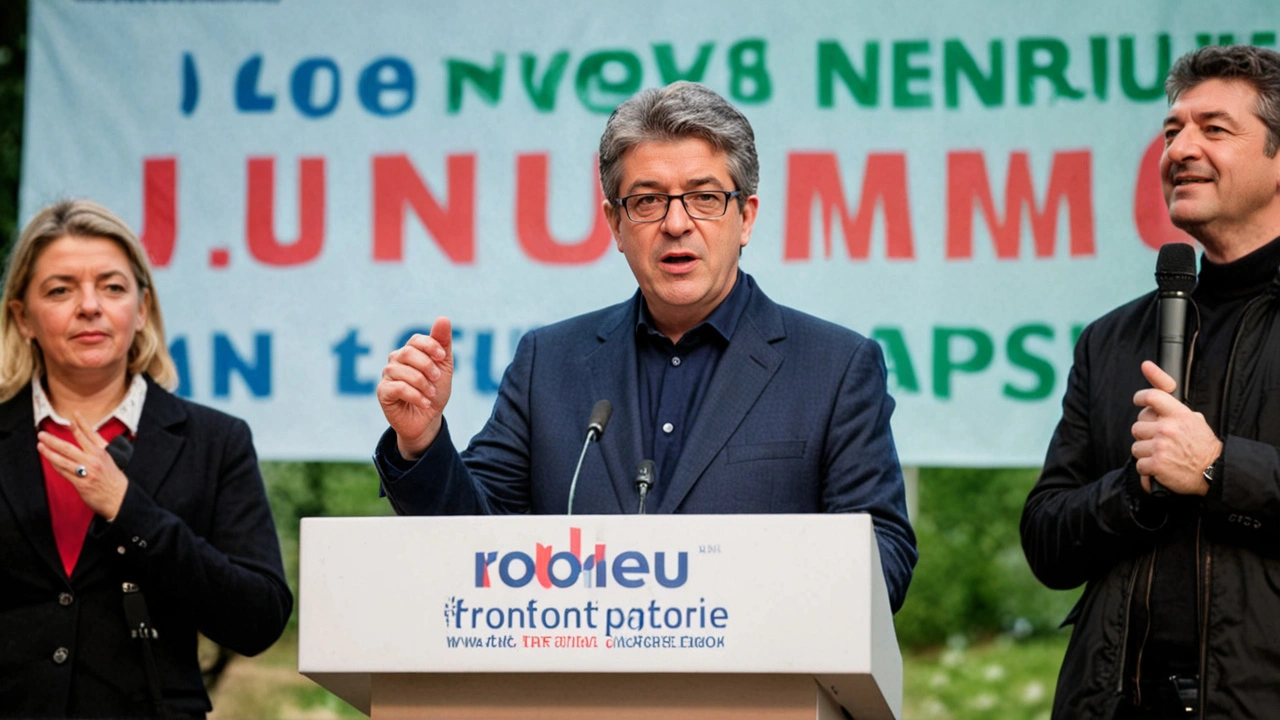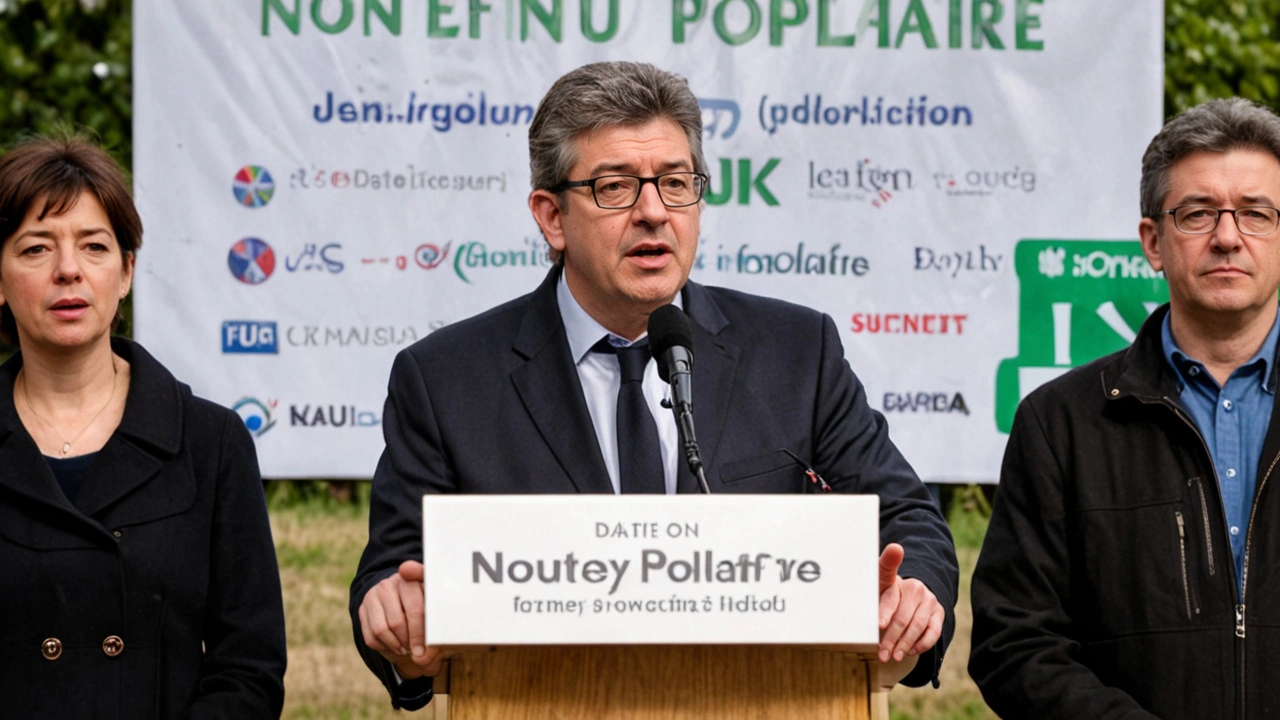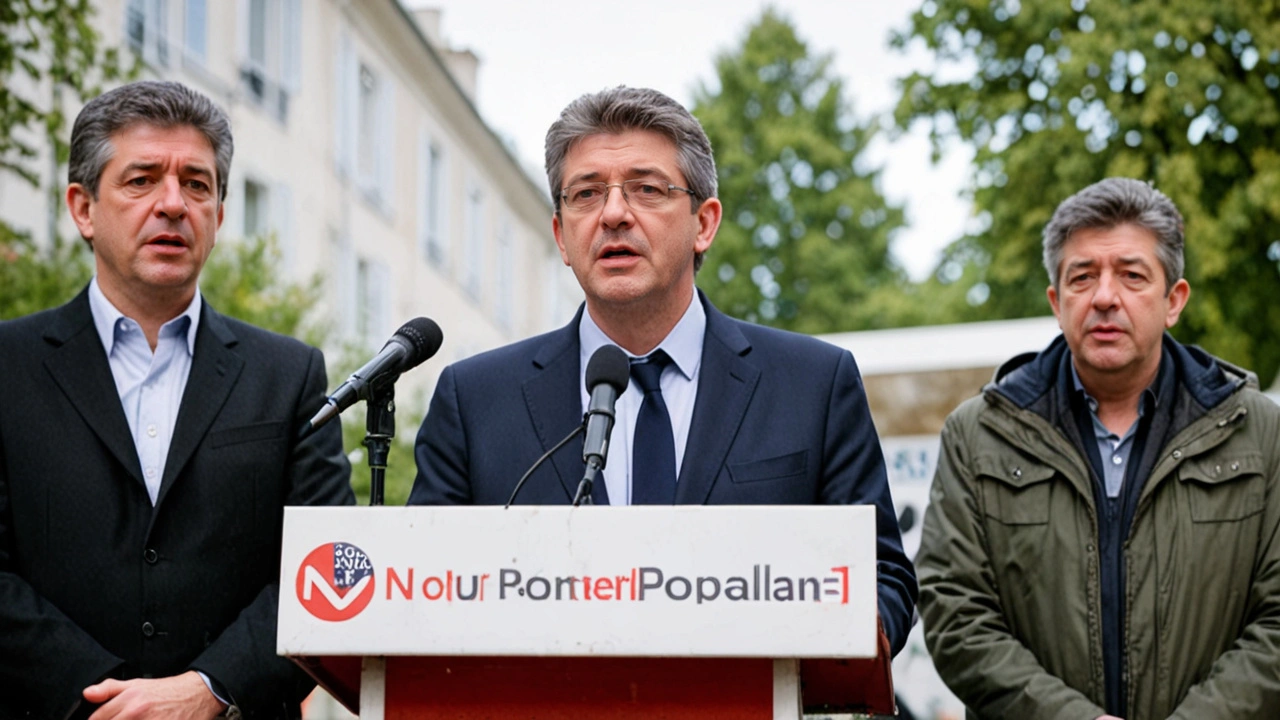Introduction: A Political Stalemate in France
The recent election results in France have sent shockwaves through the political landscape, leaving the country in a state of uncertainty. The New Popular Front (NPF), an alliance of left-wing parties, emerged with the most seats. However, they fell short of the crucial majority required in the National Assembly. As the NPF attempts to navigate this political gridlock, the question on everyone's mind is whether they can secure enough support to govern effectively and implement their bold policy agenda.
NPF's Ambitious Policy Proposals
Pension Reform: A Controversial Necessity
One of the cornerstone policies of the NPF is pension reform, aimed at increasing the retirement age to ensure the sustainability of the pension system. This proposal has sparked heated debates across the nation. Proponents argue that with an aging population and increasing life expectancy, raising the retirement age is essential to prevent the pension system from collapsing. Critics, however, view this as a harsh measure that could burden older workers and exacerbate social inequalities. The NPF insists that the reform is necessary to guarantee future generations a secure retirement, but they face significant opposition both within and outside the party.
Support for Ukraine: Strengthening International Ties
In addition to domestic policies, the NPF has pledged to continue providing military aid to Ukraine. This commitment is not just about bolstering Ukraine's defense capabilities but also about solidifying France's role on the international stage. The NPF believes that by supporting Ukraine, they can help stabilize the region and strengthen ties with European partners. This stance aligns with France's larger foreign policy strategy and underscores the importance of international solidarity in a time of geopolitical tension. However, this policy has its detractors who argue that the resources could be better used addressing domestic issues.
Renewable Energy: Paving the Way for a Greener Future
The NPF's vision for a sustainable future includes an aggressive push towards promoting renewable energy sources. By accelerating the transition away from fossil fuels, they aim to reduce France's carbon footprint and meet climate change goals. This policy proposal includes investing in solar, wind, and other renewable energy projects, as well as incentivizing businesses and households to adopt green technologies. The NPF argues that transitioning to renewable energy will not only combat climate change but also create new jobs and drive economic growth. Yet, skeptics remain concerned about the feasibility and cost of such an ambitious plan.

Challenges to Gaining Broader Support
Despite their ambitious policy platform, the NPF's lack of a majority presents a significant hurdle. With 289 seats needed to govern as a bloc, the NPF is targeting the support of 190-195 MPs to pass their policies. This means they must look beyond their base and forge alliances with other parties and independent lawmakers. The road to gaining broader support is fraught with challenges. The political landscape in France is deeply fragmented, with various parties holding divergent views and priorities. The NPF must navigate this complexity and build bridges with potential allies who may have reservations about their policies.
The Broader Implications for France's Future
The outcome of the NPF’s efforts to form a government and implement their policies will have far-reaching implications for France’s future. If successful, the NPF could usher in a new era of progressive reforms, addressing some of the most pressing issues of our time. However, failure to secure the necessary support could lead to political instability and hinder the country's ability to address key challenges. The stakes are high, and the coming weeks and months will be critical in determining whether the NPF can rise to the occasion and overcome the obstacles in their path.

Conclusion: A Nation in Flux
As France stands at a crossroads, the NPF's efforts to navigate the political landscape and implement their policy agenda will be closely watched by the nation and the world. The journey ahead is uncertain, but it is clear that the decisions made in the coming days will shape the future of France for years to come. As the NPF works to build consensus and gain the necessary support, the nation waits in anticipation, hoping for a resolution that will bring stability and progress.






France is stuck again 😅 pension reform? Ukraine aid? renewables? they can't even agree on coffee breaks. hope they find a way before the whole thing collapses
So the NPF has the most seats but can't govern... classic French drama. Next they'll be voting on whether baguettes should be square or round.
This is the moment France rises! 🚀 Pension reform isn't cruel-it's smart. Ukraine support? That's courage. Green energy? That's legacy. Stop fearing change and start building it. The world is watching and so are the next generation. Let's go!
I believe in them 💪 They got this. Even if it's messy, even if it takes time-progress isn't neat. Renewable energy, helping Ukraine, fair pensions… all worth fighting for. Don't give up on them yet 🌱❤️
People want stability. But stability comes from change. Change is hard. Hard things are real. Real things last. So maybe this is how it should be.